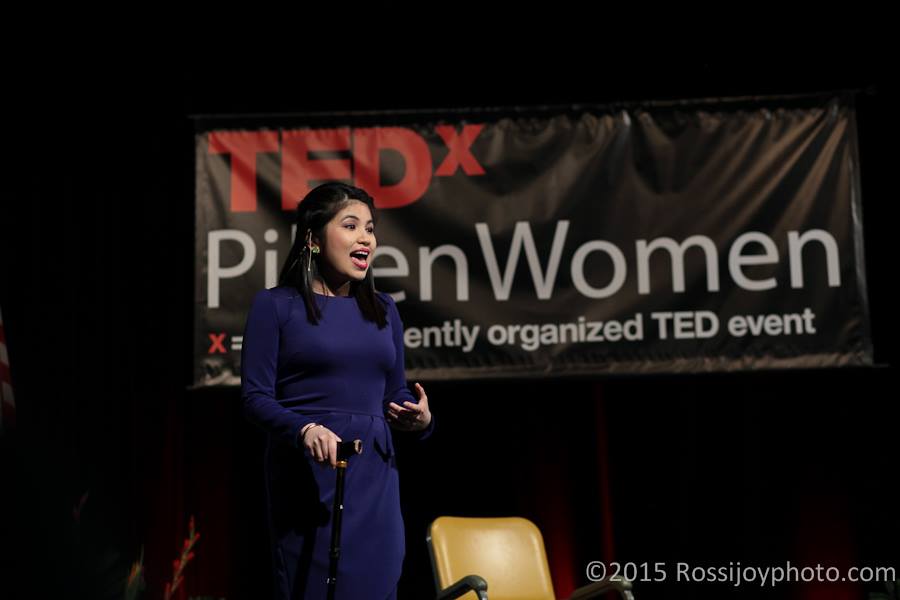6 Tips For Protecting Your Mental Health When Bad News Is Everywhere

UPDATE: I originally wrote this article last year but in light of recent events–including but not limited to the bombing at the Ariana Grande concert in Manchester–I find the subject as relevant as ever. Lately, I find myself taking “time outs” from the news and social media to protect myself as a person with bipolar disorder.
Last week, bad news was everywhere. Today, we are not only confronted with heartbreaking news on television but on almost every online social media platform. Being connected is not always a bad thing. (After the shootings at Mother Emmanuel AME Church in South Carolina, I organized a card drive on Facebook to send condolence cards to the families of the victims. People from all over the internet got together to show love to the survivors and families of the deceased.) Being inundated with tragic news, however, can also negatively impact our mental health. We must be vigilant in protecting our minds.
How News Affects Us
British psychologist Dr. Graham Davey, who specializes in the psychological effects of media violence, states in The Huffington Post that “violent media exposure can exacerbate or contribute to the development of stress, anxiety, depression and even post-traumatic stress disorder (PTSD).”
Davey says, “Negative news can significantly change an individual’s mood…can affect your own personal worries. Viewing negative news means that you’re likely to see your own personal worries as more threatening and severe, and….you’re more likely to find your worry difficult to control and more distressing than it would normally be.”
6 Ways To Protect Yourself
- Ask yourself, how am I doing right now? If I am going through a bipolar depression, watching coverage of a terrorist attack is probably not going to make me feel better.
- Ask yourself, Is this a trigger for me? Have you experienced something similar in the past? Is the event something you fear happening to you or your loved ones? To learn more about triggers, click here. I have friends who have survived sexual assault who avoid movies with sexual assault story lines. As someone who has lost someone I love to suicide, I avoid movies and TV shows with suicide story lines.
- Disengage. Sometimes we just have to turn off the news or log off Facebook. The average Facebook user has 130 friends. If 80% of those friends are posting updates about the current tragedy, Facebook becomes an echo chamber. Maybe it’s time to turn off your computer? If you can’t completely disengage, at least take a break. The other day, I was so disturbed by the news, I had to turn off the television and my computer and read a book. After the Sandy Hook massacre, I organized a card drive at the church I was attending–we watched the touching tribute Anderson Cooper made of the children and wrote cards to each victim’s family. This year, I just could not watch the tribute video Anderson made for the victims of the Pulse massacre. People were passing it around on Facebook. I did not click on it. The same week the massacre happened, I was recovering from surgery and a loved one was in a terrible accident. I had to disengage.
- Understand that not watching does not mean you don’t care. You can care deeply about other people’s suffering even if you do not soak up every ounce of media coverage.
- Talk to your therapist. One aspect of my illness is that I feel the pain and suffering of others deeply. My therapist was one who taught me that it was not silly for me to be deeply affected by the suffering of strangers.
- Find an outlet. I previously wrote about the 4 Mental Health Benefits of Exercise and how exercise improves our moods by releasing endorphins AKA “the feel good hormones.” I do Pilates when I need a “time out” from the news. Sometimes, I also paint as a way of expressing emotions that are too difficult to put into words.
Your Turn?
How do you deal with bad news?
–Your Stylist, Jessica Gimeno




I made a commitment today to avoid watching/reading/listening to negative news for a month. Since I only watch news on demand, online (YouTube), it shouldn’t be too difficult. I’ll still see the headlines, but I won’t actually watch or read further. I’m curious to see how this relatively small change will affect my emotional health.